
Ultimate Sports Nutrition
Understanding Ultimate Sports Nutrition
In the world of sports, ultimate sports nutrition plays a critical role in achieving peak performance and quick recovery. Whether you’re a non-professional athlete or a seasoned professional.
Understanding the right nutrition strategy can make a significant difference in your performance and overall health. Let’s dive deep into pre and post-nutrition strategies to help you optimize your game.
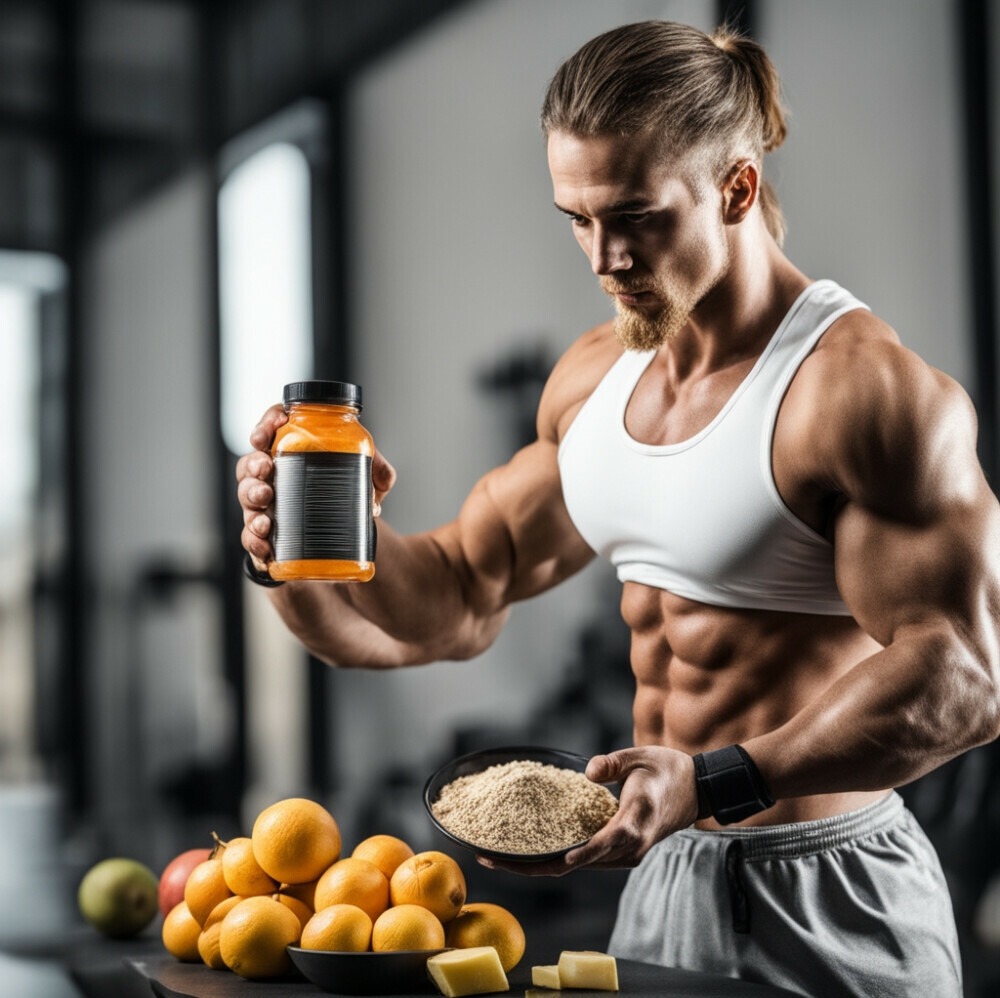
The Foundation of Ultimate Sports Nutrition
Pre-event nutrition is crucial for providing the energy needed for optimal performance. Most people in sports have heard about sports nutrition and a large number get it right. But there’s a small number that are not quite there and that’s who I’d like to help with this review.
Here are some key elements:
Ultimate Sports Nutrition – Pre-Event Nutrition
Pre-event nutrition is crucial for athletes and active individuals as it helps maximize performance, endurance, and recovery. Here are some key aspects:
Goals of Pre-Event Nutrition
- Maximize Glycogen Stores: Ensure muscles are stocked with glycogen for energy.
- Hydration: Maintain optimal fluid levels.
- Prevent Hunger: Avoid discomfort from hunger during the event.
- Avoid Gastrointestinal Distress: Choose easily digestible foods to prevent stomach issues.
Key Nutrients
- Carbohydrates: The primary source of energy. Aim for complex carbs for sustained energy release.
- Examples: Whole grains, fruits, vegetables, pasta, and rice.
- Proteins: Important for muscle repair and recovery. Moderate amounts are recommended.
- Examples: Lean meats, dairy products, legumes, and nuts.
- Fats: Should be limited as they take longer to digest.
- Examples: Avocado, nuts, and seeds.
- Fluids: Essential for hydration. Water, electrolyte solutions, and sports drinks can be beneficial.
Ultimate Sports Nutrition – Timing of Pre-Event Meals
- 3-4 Hours Before: A balanced meal with carbs, proteins, and a small amount of fat.
- Example: Grilled chicken with brown rice and vegetables.
- 1-2 Hours Before: A smaller meal or snack, primarily carbohydrates.
- Example: A banana with a small yogurt.
- 30-60 Minutes Before: A light snack if needed, such as a piece of fruit or a sports drink.
Specific Considerations
- Individual Preferences: Personal tolerance and digestion should be considered.
- Type of Event: Duration and intensity of the activity will influence nutritional needs.
- Practice Makes Perfect: Test different foods and timing during training to find what works best.
Ultimate Sports Nutrition – Examples of Pre-Event Meals
- 3-4 Hours Before: Whole grain bagel with peanut butter and a fruit smoothie.
- 1-2 Hours Before: Oatmeal with berries and honey.
- 30-60 Minutes Before: An apple or an energy bar.
Hydration
- Drink plenty of water leading up to the event.
- Consider electrolyte drinks if the event lasts more than an hour or is in hot conditions.
Common Mistakes to Avoid
- Trying New Foods: Stick to familiar foods to avoid gastrointestinal distress.
- Overeating: Can lead to discomfort and sluggishness.
- Under-Hydration: Can severely impact performance and safety.
Pre-event nutrition is about planning and tailoring your intake to suit your specific needs, ensuring you have the energy, hydration, and comfort to perform your best.
Meal Timing and Composition
Role of Protein in Muscle Support
Muscle Repair and Growth
- Amino Acids: Proteins are composed of amino acids, which are the building blocks of muscles. They help repair and rebuild muscle tissues that are broken down during exercise.
- Muscle Protein Synthesis (MPS): Consuming protein stimulates MPS, which is essential for muscle growth and adaptation to training.
Performance Enhancement
- Strength and Power: Adequate protein intake supports strength and power improvements by enhancing muscle mass and function.
- Recovery: Protein aids in faster recovery post-exercise by reducing muscle soreness and damage.
Metabolism and Energy
- Thermic Effect: Protein has a higher thermic effect compared to fats and carbohydrates, meaning the body burns more calories digesting and metabolizing protein.
- Sustained Energy: Protein helps maintain stable blood sugar levels, providing sustained energy during prolonged physical activities.
Recommended Protein Intake for Athletes
General Guidelines
- Endurance Athletes: 1.2 to 1.4 grams of protein per kilogram of body weight per day.
- Strength/Power Athletes: 1.6 to 2.2 grams of protein per kilogram of body weight per day.
Timing of Protein Intake
- Pre-Workout: Consuming protein before exercise can provide amino acids for muscle support during training.
- Example: A small meal with lean protein and carbohydrates, like a chicken sandwich or Greek yogurt with fruit.
- Post-Workout: Critical for recovery and muscle repair. Aim to consume protein within 30 minutes to 2 hours after exercise.
- Example: A protein shake, a meal with lean meat, or plant-based protein sources like beans and rice.
- Throughout the Day: Spread protein intake evenly across meals to ensure a constant supply of amino acids.
- Example: Include a source of protein in each meal and snack, such as eggs, dairy, tofu, legumes, or nuts.
Sources of Protein
- Animal-Based: Chicken, turkey, beef, pork, fish, eggs, dairy (milk, cheese, yogurt).
- Plant-Based: Lentils, chickpeas, beans, tofu, tempeh, edamame, quinoa, nuts, and seeds.
Protein Supplements
- Whey Protein: Quickly absorbed, ideal for post-workout recovery.
- Casein Protein: Slowly digested, suitable for sustained amino acid release, often used before bedtime.
- Plant-Based Proteins: Pea protein, hemp protein, and soy protein are good alternatives for vegetarians and vegans.
Special Considerations
- Hydration: Ensure adequate fluid intake when consuming high-protein diets to support kidney function.
- Balance: Pair protein with carbohydrates and healthy fats for a balanced diet and optimal performance.
Common Mistakes to Avoid
- Overconsumption: Excessive protein intake can strain the kidneys and may be stored as fat.
- Neglecting Other Nutrients: A balanced diet is crucial; don’t focus on protein at the expense of carbs and fats.
- Poor Timing: Missing the post-workout anabolic window can slow down recovery and muscle repair.
In summary, protein is essential for muscle support, repair, growth, and overall athletic performance. Adequate and well-timed protein intake can significantly enhance training outcomes and recovery for athletes.
Hydration – Staying Well-Hydrated
Hydration is a critical component of Ultimate Sports Nutrition. Drink plenty of water leading up to the event. Consider beverages with electrolytes for longer events to maintain electrolyte balance.
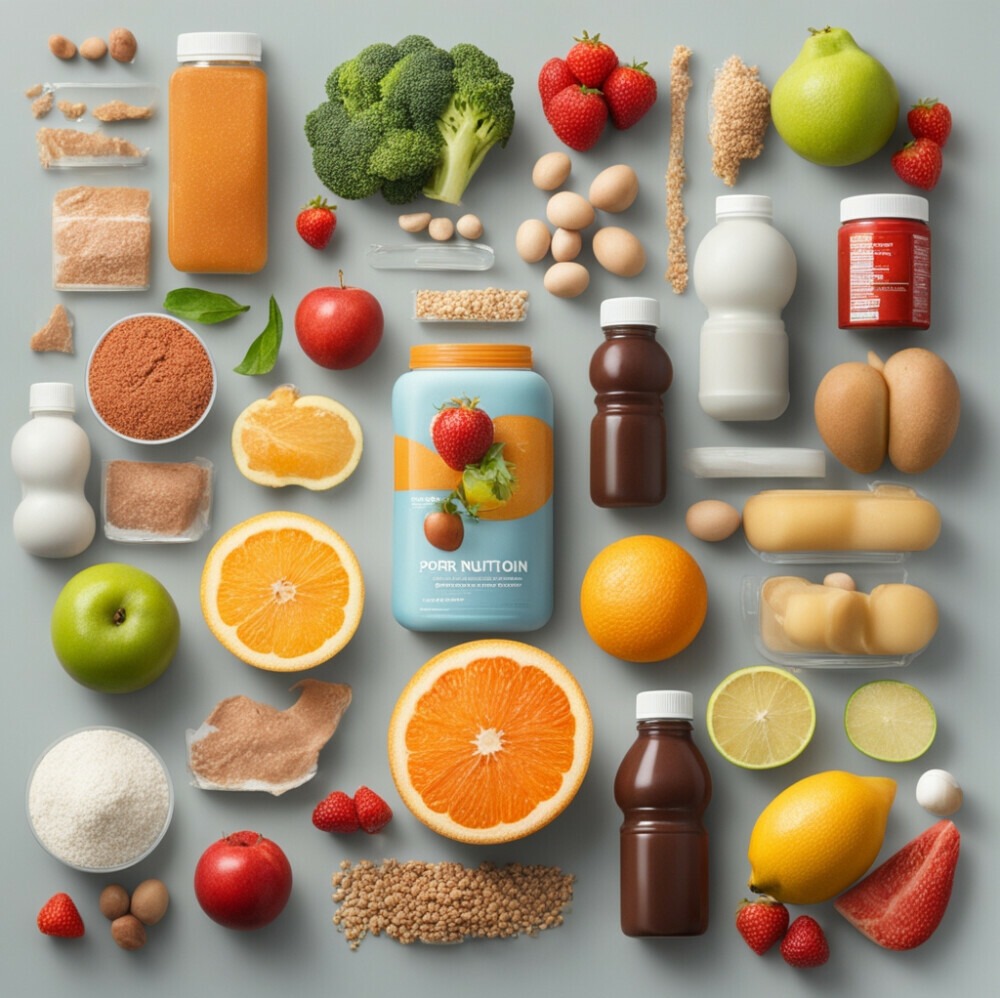
General guidelines from sports nutrition authorities (e.g., American College of Sports Medicine).
Carbohydrates Post Advice
After intense physical activity, your glycogen stores are depleted. Consuming carbohydrates within 30 minutes post-event can help replenish these stores. Fruits, smoothies, and energy bars are good options.
Protein For Muscle recovery
Post-event is the perfect time to consume protein to aid in muscle repair and growth. Aim for a 3:1 ratio of carbohydrates to protein. A protein shake, yogurt with fruits, or a turkey sandwich can be effective post-event meals.
Hydration Post Activity
Rehydration is essential after any sports activity. Drink water or an electrolyte beverage to restore fluid balance. Coconut water can also be a good natural alternative.
This expanded outline covers the essential aspects of post-event nutrition, emphasizing its importance, the role of macronutrients and micronutrients, hydration strategies, special considerations.
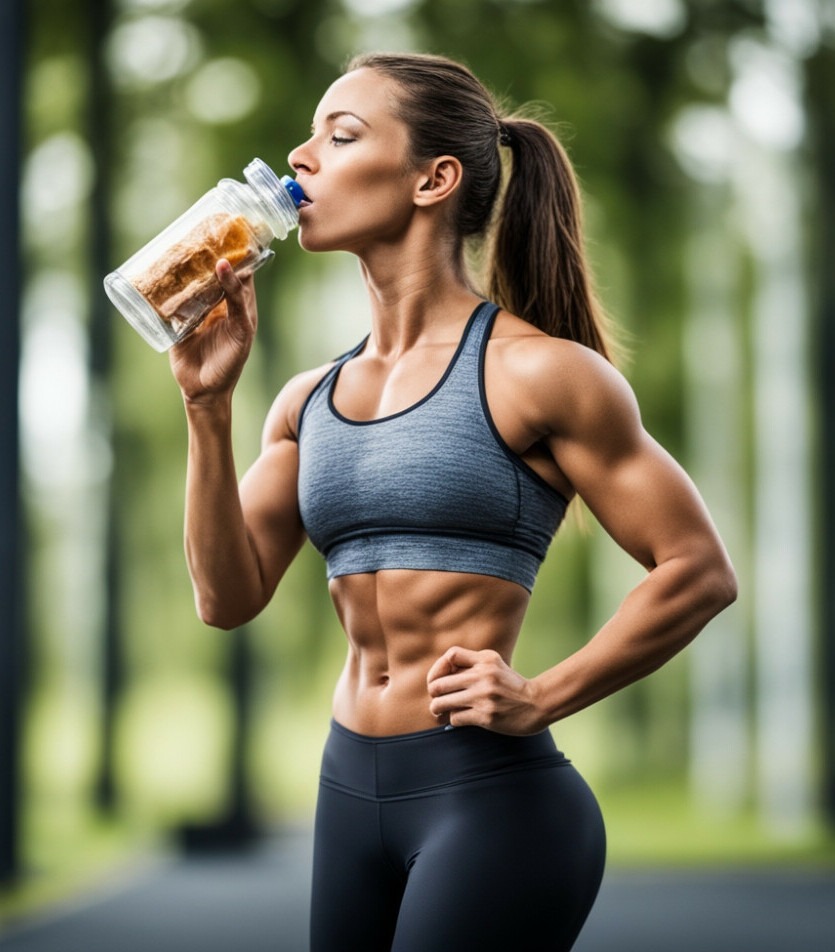
Ultimate Sports Nutrition Tips for Non-Professionals and Professionals
Non-Professional Athletes
For non-professional athletes, maintaining a balanced diet is key.
Here are some tips:
- Balance Your Meals: Ensure each meal includes a good balance of carbohydrates, proteins, and fats.
- Snacking Smart: Opt for healthy snacks like nuts, fruits, or yogurt between meals.
- Stay Hydrated: Carry a water bottle and drink regularly throughout the day.
Ultimate Sports Nutrition – Professional Athletes
Professional athletes need to be more strategic about their nutrition:
- Customized Plans: Work with a sports nutritionist to develop a personalized nutrition plan.
- Supplement Wisely: Use supplements to address specific needs, but avoid over-reliance.
- Monitor and Adjust: Regularly monitor your nutrition and adjust based on performance and training intensity.
Supplements in Ultimate Sports Nutrition
While whole foods should be the primary source of nutrients, supplements can play a supporting role. The athlete who chooses ultimate sports nutrition supplements will improve their performance.
Common supplements include:
- Pre-Workout Supplements:
-
- Caffeine: A powerful stimulant that enhances mental focus and physical performance. It blocks adenosine receptors, leading to increased adrenaline and energy levels.
- Creatine: Supports strength, power, and muscle endurance. Take it about 30-60 minutes before your workout.
- BCAAs (Branched-Chain Amino Acids): Help reduce muscle breakdown during intense exercise.
-
Beta-Alanine: Enhances endurance by buffering lactic acid build up.
- Post-Workout Supplements:
-
-
-
- Protein: Essential for muscle repair and growth. Consider whey protein or plant-based options.
- Creatine: Also beneficial post-workout for muscle recovery and growth.
- Amino Acids: Aid in protein synthesis and reduce muscle soreness.
- Carbohydrates: Replenish glycogen stores and promote recovery.
-
-
General guidelines from sports nutrition authorities (e.g., International Society of Sports Nutrition).
This expanded outline provides a comprehensive overview of the role of supplements in sports nutrition, covering categories, specific supplements, safety, regulation, and practical application.
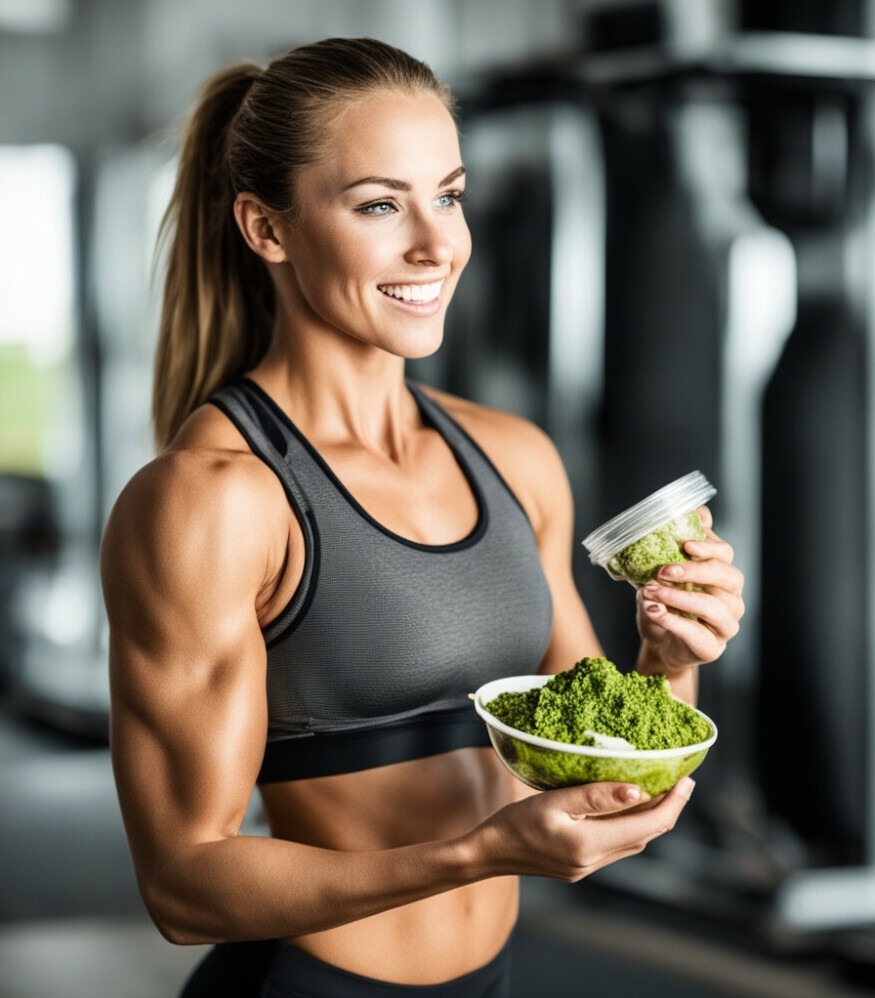
My Conclusion On Ultimate Sports Nutrition
Ultimate Sports Nutrition is more than just eating the right foods; it’s about timing, balance, and personalization. Whether you’re a weekend warrior or a professional athlete, focusing on balanced pre and post-event nutrition can significantly enhance your performance and recovery.
Here’s why it matters:
- Understanding Your Body’s Needs: Every athlete is unique. Pay attention to how your body responds to different foods. Experiment with various nutrient ratios and timing to find what works best for you.
- Pre-Event Nutrition: Before a game or competition, prioritize carbohydrates for energy. Complex carbs like whole grains, fruits, and vegetables provide sustained fuel. Include moderate protein sources to support muscle function.
- Hydration: Staying well-hydrated is non-negotiable. Water is essential for optimal performance. Consider electrolyte-rich beverages for longer events.
- Post-Event Recovery: After intense physical activity, focus on replenishing glycogen stores. Carbohydrates within 30 minutes post-event help with muscle recovery. Pair them with protein to repair and build muscle tissue.
- Listening to Your Body: Your body communicates its needs. Pay attention to hunger cues, fatigue, and soreness. Adjust your nutrition accordingly.
- Balanced Diet: Whether you’re a weekend warrior or a pro, balance your meals. Carbs, proteins, and healthy fats all play crucial roles.
Remember, sports nutrition isn’t a one-size-fits-all approach. Consult with a registered dietitian or sports nutritionist to fine-tune your plan. Prioritize your health, optimize your performance!
If, you have any questions or comments on what you have read please leave it below.
To Your Health – Ultimate Training Gear.

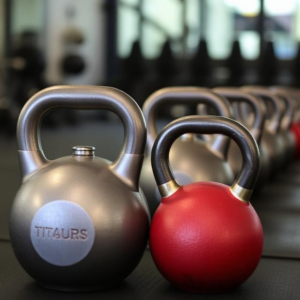

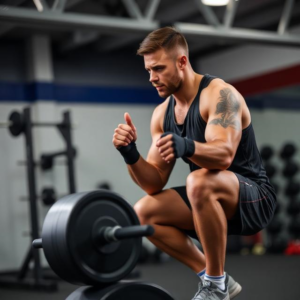



I love coconut water as a refreshing drink, especially after exercising! It’s a great way to stay hydrated. I also love eating and drinking proteins, but I didn’t realize they’re important for more than just bodybuilding. They help with recovery and keep my energy levels steady throughout the day. It’s amazing how essential proteins are for everyone, not just athletes!
Your blog on ultimate sports nutrition is both informative and practical! I love how you break down pre-event nutrition into clear, actionable strategies. The emphasis on maximizing glycogen stores and proper hydration is crucial for anyone looking to enhance their performance.
I particularly appreciate the focus on individual preferences and testing different foods during training. This can really make a difference on event day. It’s a great reminder that everyone’s body reacts differently, and finding what works best for each athlete is key. Overall, this article serves as a solid foundation for anyone serious about sports nutrition. Great job!